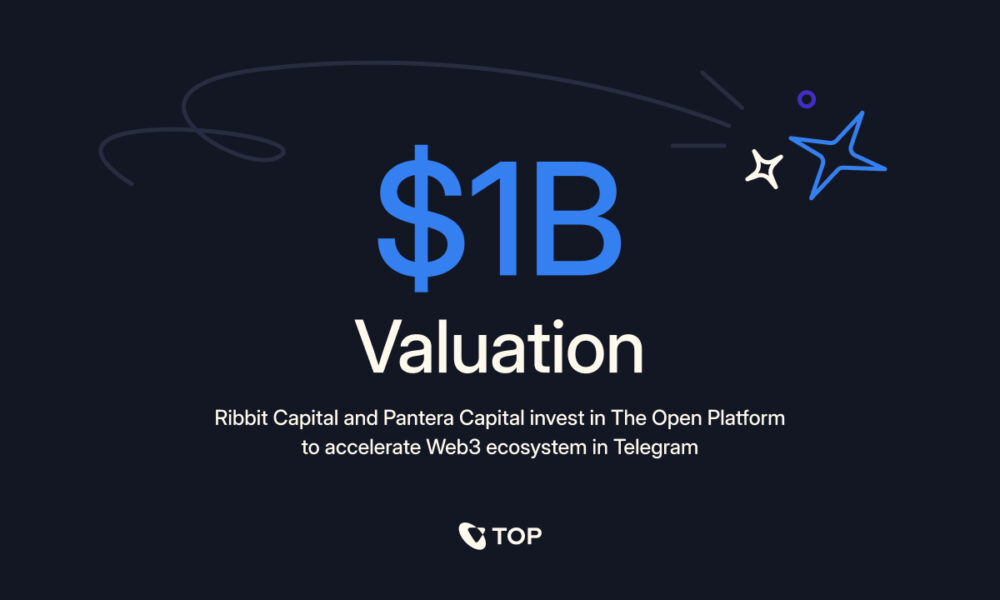Managing organizational costs is of paramount importance to enterprises, which are constantly searching for operational efficiency improvement. This has led to outsourcing co-managed IT services as a significant strategic tool for achieving the above goals. Outsourcing also enables organizations to concentrate their resources and efforts on their primary functions since they acquire first-rate IT technology and services from outsourcing partners. This blog also presents the top 10 advantages of outsourcing co-managed IT services, which is why more companies choose this solution.
Cost Savings
It has been found that hiring professionals or third-party vendors to provide IT solutions costs considerably less than developing an organization’s IT department. This eliminates the hefty costs associated with purchasing other hardware, software, and related infrastructures for the running of the business. Organizations then buy services based on subscriptions or per project, converting fixed IT costs into variable costs. Such flexibility benefits organizations because they may hire more or fewer contractors every few months depending on business requirements without struggling to train new full-time IT employees.
Access to Expertise and Advanced Technologies
Another benefit of outsourcing IT services is that it allows organizations access to talented human resources and advanced tools. External service providers can focus more on IT fields, such as cybersecurity, cloud solutions, data analysis, or technical infrastructure services. These experts also ensure that they are updated on current trends and standards. Thus, the organization can adopt the newest developments without constantly training its employees or certifying them. By leveraging this knowledge base, organizations can adopt technologies and solutions that increase organizational performance and competitiveness.
Enhanced Focus on Core Business Functions
IT outsourcing benefits organizations by freeing up valuable time and resources within businesses to focus on core business processes and value-added strategic plans. Outsourcing can lessen costs and enhance efficiency regarding an organization’s everyday IT tasks, maintenance work, and help desk services. The efficient realization of such resource redeployment empowers management and employees to focus on value-added processes such as revenue generation, customer satisfaction, and business development.
Improved Security and Compliance
Security breaches pose a significant business risk, meaning proper data protection and compliance standards must be implemented. If undertaken by an experienced third party, outsourcing IT services can improve security by employing constant security surveillance, threat identification, and timely responses to security breaches. Such providers use specific security and protection measures, conduct continuous security checks, and follow corporate and legal requirements. Third-party assistance can help organizations effectively manage the risks derived from data leakage, viruses, and breaches of regulatory requirements when protecting crucial information and customers’ trust.
Scalability and Flexibility
Organizations may have various IT requirements that cyclically change depending on seasons, project phases, or market factors. One of the core benefits of outsourcing IT services is that it can help organizations scale up or down, depending on business requirements. These solutions are flexible in that they can grow with organizations while avoiding disrupting existing frameworks and integrating new infrastructures. It is possible to scale up during periods of high demand and, on the contrary, scale down during low demand periods; in this way, a company can improve resource utilization and cost control while not being tied to investments in fixed IT facilities.
Increased Efficiency and Productivity
Managed security service providers
Managed security service providers help improve an organization’s efficiency and productivity through efficiency and enhanced processes. Service providers use technology, automation, and monitoring to predict possible issues with IT ecosystems and respond to them promptly. This proactive approach minimizes downtime, improves system performance, and enhances user experience, boosting overall productivity across the organization.
Access to Latest Technology and Infrastructure
Keeping pace with rapid technological advancements can be challenging for businesses with limited IT budgets and resources. Outsourcing IT services provides access to state-of-the-art technologies and infrastructure without significant upfront investments. Service providers continuously upgrade and maintain their systems to deliver cutting-edge solutions such as cloud computing, artificial intelligence (AI), and Internet of Things (IoT) integration. This access enables organizations to innovate, improve operational efficiencies, and gain a competitive edge in their respective markets, leveraging emerging technologies that drive business transformation and growth.
Risk Management and Disaster Recovery
Effective risk management and disaster recovery planning are critical components of business continuity. Outsourced IT service providers implement robust risk management strategies, disaster recovery plans, and business continuity measures to mitigate operational disruptions and minimize data loss. These providers conduct regular data backups, deploy failover systems, and simulate disaster scenarios to ensure rapid recovery and continuity of operations in unforeseen circumstances. By outsourcing these critical functions to experts, organizations enhance resilience against potential threats, comply with regulatory requirements, and maintain uninterrupted business operations.
Competitive Advantage
Outsourcing IT services can confer a competitive advantage by enabling organizations to focus on core competencies, innovate faster, and respond more effectively to market dynamics. Access to specialized expertise, scalable solutions, and advanced technologies empowers businesses to adapt quickly to changing customer preferences, industry trends, and competitive pressures. By leveraging external IT resources and strategic partnerships, organizations can optimize operational efficiency, reduce time-to-market for new products and services, and differentiate themselves in a crowded marketplace. Outsourcing becomes a catalyst for sustained growth, innovation, and market leadership.
Better Resource Allocation
Strategic resource allocation is essential for maximizing profitability and sustaining long-term growth. Outsourcing IT services allows businesses to allocate financial resources, personnel, and time more effectively. Instead of allocating substantial budgets to recruit, train, and retain an in-house IT team, organizations can invest in core business areas such as marketing, sales, and customer service. This strategic allocation enhances operational agility, flexibility, and responsiveness to market demands, enabling businesses to capitalize on growth opportunities and achieve sustainable competitive advantages.
Conclusion
The benefits of outsourcing are unarguable, from the cost effect and access to professionals to security via intensity and even competition levels’ viewpoint. With the help of managed IT service providers, businesses can successfully operationalize the utilization of various emerging technologies without compromising the organization’s key processes and strategies; simultaneously, problems related to risk and compliance can also be managed effectively. Adopting managed IT services provides solutions to the pressing technical challenges that affect organizations while preparing them for the future.































